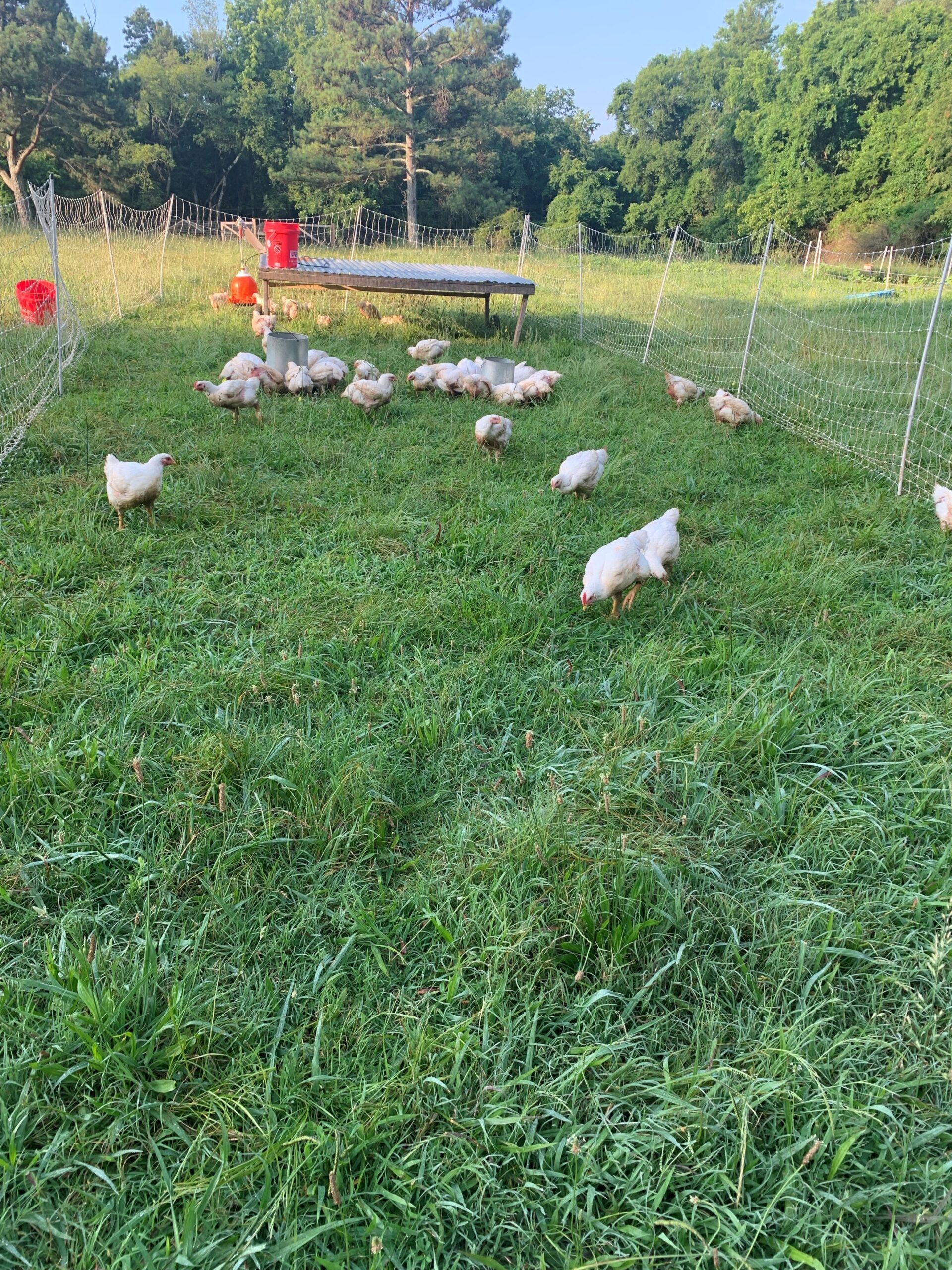The world faces a daunting challenge: feeding a growing population while protecting our planet. Conventional agriculture, with its heavy reliance on chemical inputs and resource-intensive practices, is increasingly unsustainable. This raises a critical question: Can sustainable agriculture, with its focus on ecological balance and long-term productivity, truly meet the world’s food needs?
The Case for Sustainable Agriculture
Proponents of sustainable agriculture argue that it can indeed feed the world while providing numerous environmental and social benefits. This approach emphasizes practices like crop rotation, organic fertilizers, and reduced tillage, which improve soil health, conserve water, and reduce greenhouse gas emissions.
1. Can Organic Feed the World? – Rodale Institute
2. How to accelerate the transition to sustainable agriculture – The World Economic Forum
- Soil Health: Sustainable agriculture prioritizes building healthy soil, which is essential for crop productivity. By increasing organic matter and improving soil structure, these practices enhance water retention and nutrient availability. This leads to higher yields and more resilient crops. 1. Soil Health Principles and Practices – Farmers.gov www.farmers.gov 2. SL447/SS661: Raising Soil Organic Matter Content to Improve Water Holding Capacity – University of Florida edis.ifas.ufl.edu 3. Sustainable Agriculture Is Better Farming – Gevo gevo.com
- Biodiversity: Sustainable farming practices support biodiversity, which is crucial for ecosystem health and pest control. Diverse crop rotations and the integration of livestock can create habitats for beneficial insects and pollinators. 1. Sustainable agriculture supports biodiversity conservation, IUCN study confirms – News www.iucn.org
- Climate Resilience: Sustainable agriculture can help mitigate climate change by reducing greenhouse gas emissions and building soil carbon. Additionally, practices like agroforestry and water management can enhance resilience to extreme weather events. 1. Climate change mitigation & Soil Carbon Sequestration ejpsoil.eu 2. (PDF) Sustainability of Agroforestry Practices and their Resilience to Climate Change Adaptation and Mitigation in Sub-Saharan Africa: A Review – ResearchGate www.researchgate.net
Challenges and Opportunities
While the potential of sustainable agriculture is promising, there are challenges to overcome. Yield gaps compared to conventional agriculture, limited access to technology and resources for small-scale farmers, and consumer demand for affordable food are among the key obstacles.
However, research and innovation are addressing these challenges. For example, advancements in agroecology, which combines ecological principles with agricultural practices, are demonstrating that high yields can be achieved sustainably. Additionally, support for small-scale farmers through training, access to markets, and financial incentives can accelerate the adoption of sustainable practices.
The Role of Policy and Consumer Choice
Governments and policymakers play a crucial role in promoting sustainable agriculture through supportive policies, investments in research and development, and incentives for farmers to adopt sustainable practices. Consumers also have a significant impact by choosing to support sustainable agriculture through their purchasing decisions.
1. Consumer Consciousness: The Demand for Ethical and Eco-Friendly Produce
To learn more about sustainable agriculture and its potential to feed the world, check out these resources:
- World Resources Institute
- Rodale Institute
- FAO – Food and Agriculture Organization of the United Nations
Ultimately, the question of whether sustainable agriculture can feed the world is complex and multifaceted. While challenges remain, the growing body of evidence suggests that it is a viable and necessary path towards a more sustainable and equitable food system.
Would you like to delve deeper into a specific aspect of sustainable agriculture?

